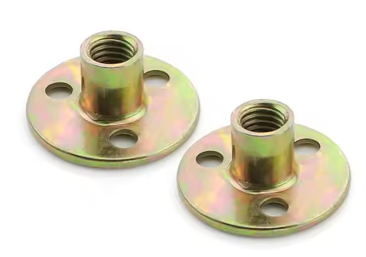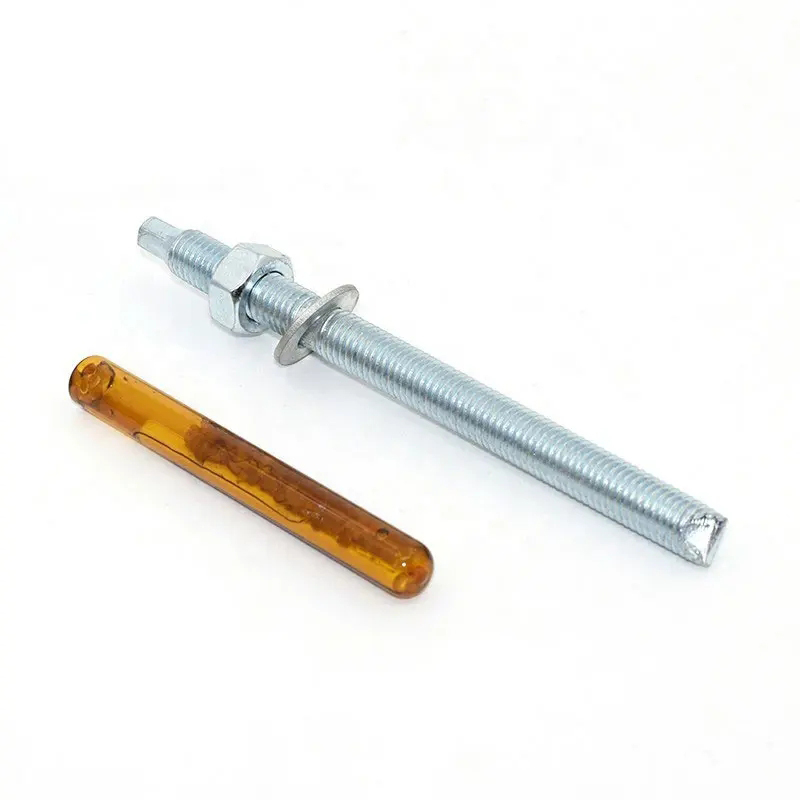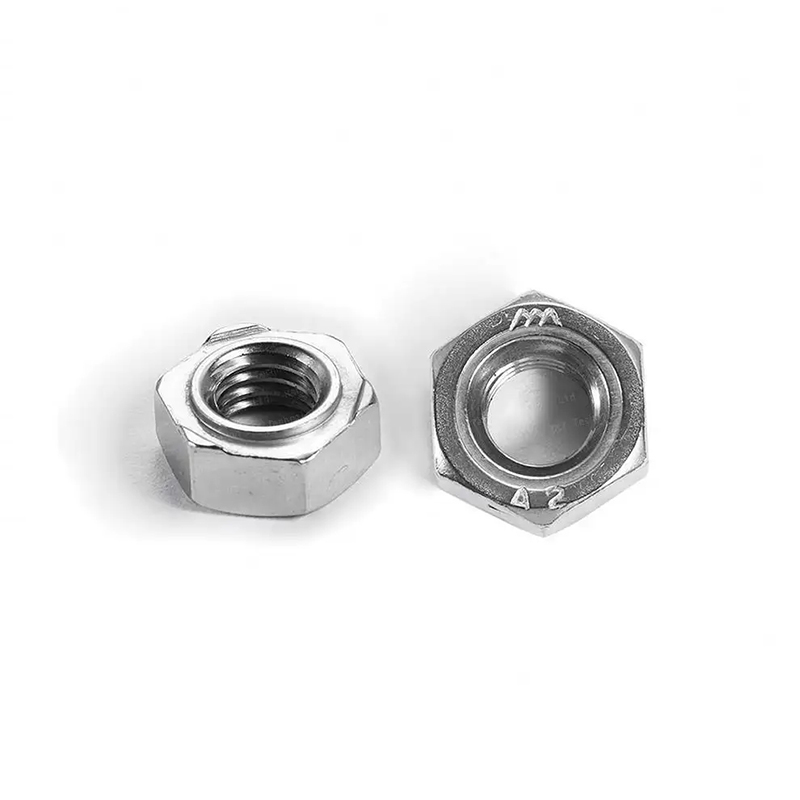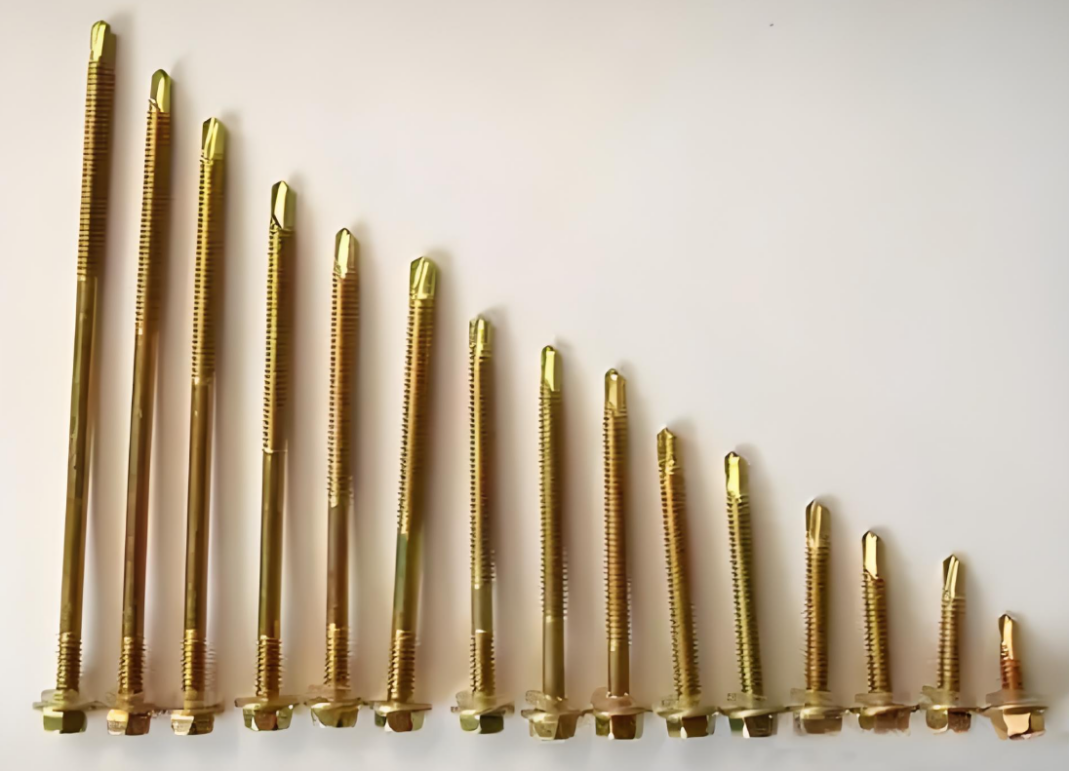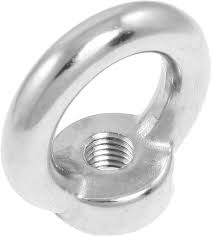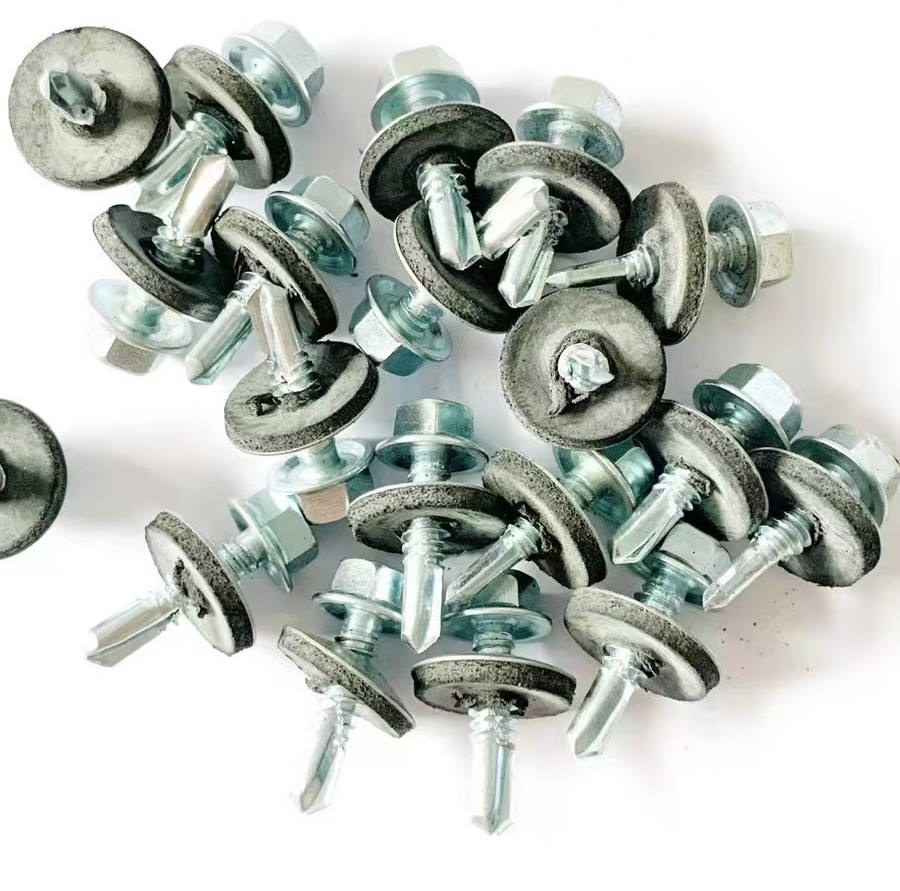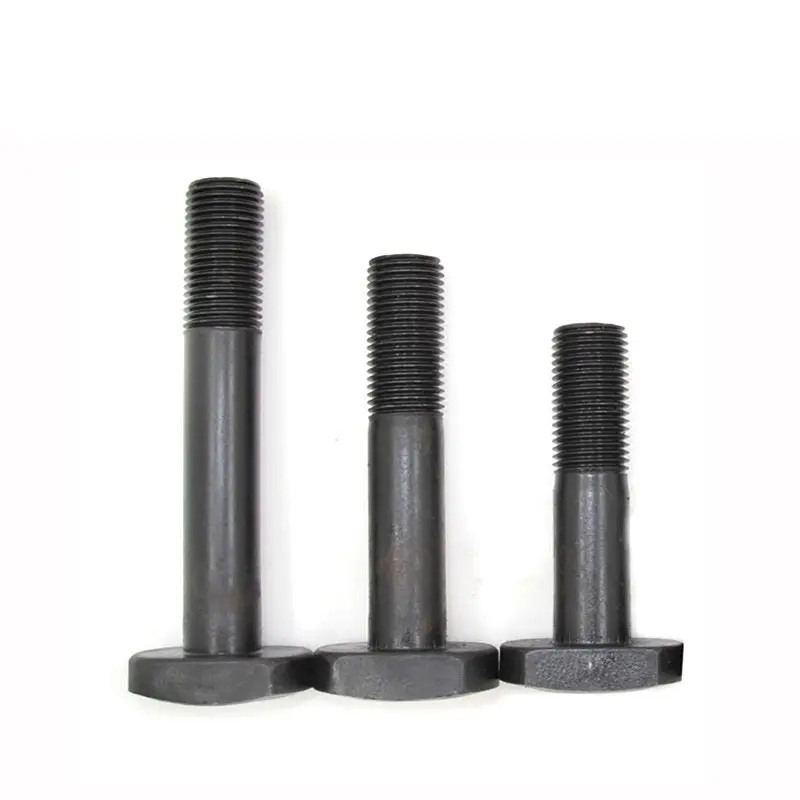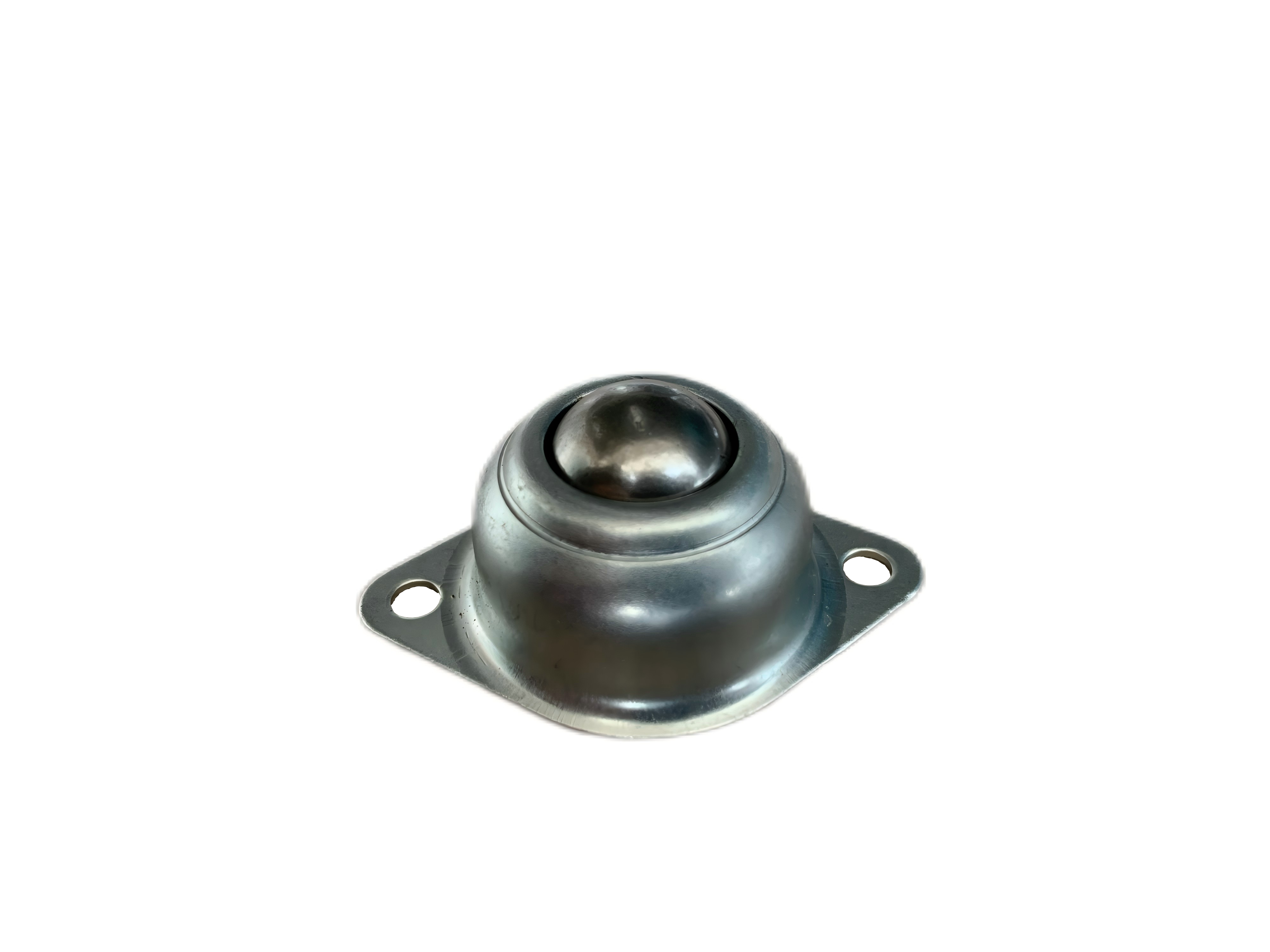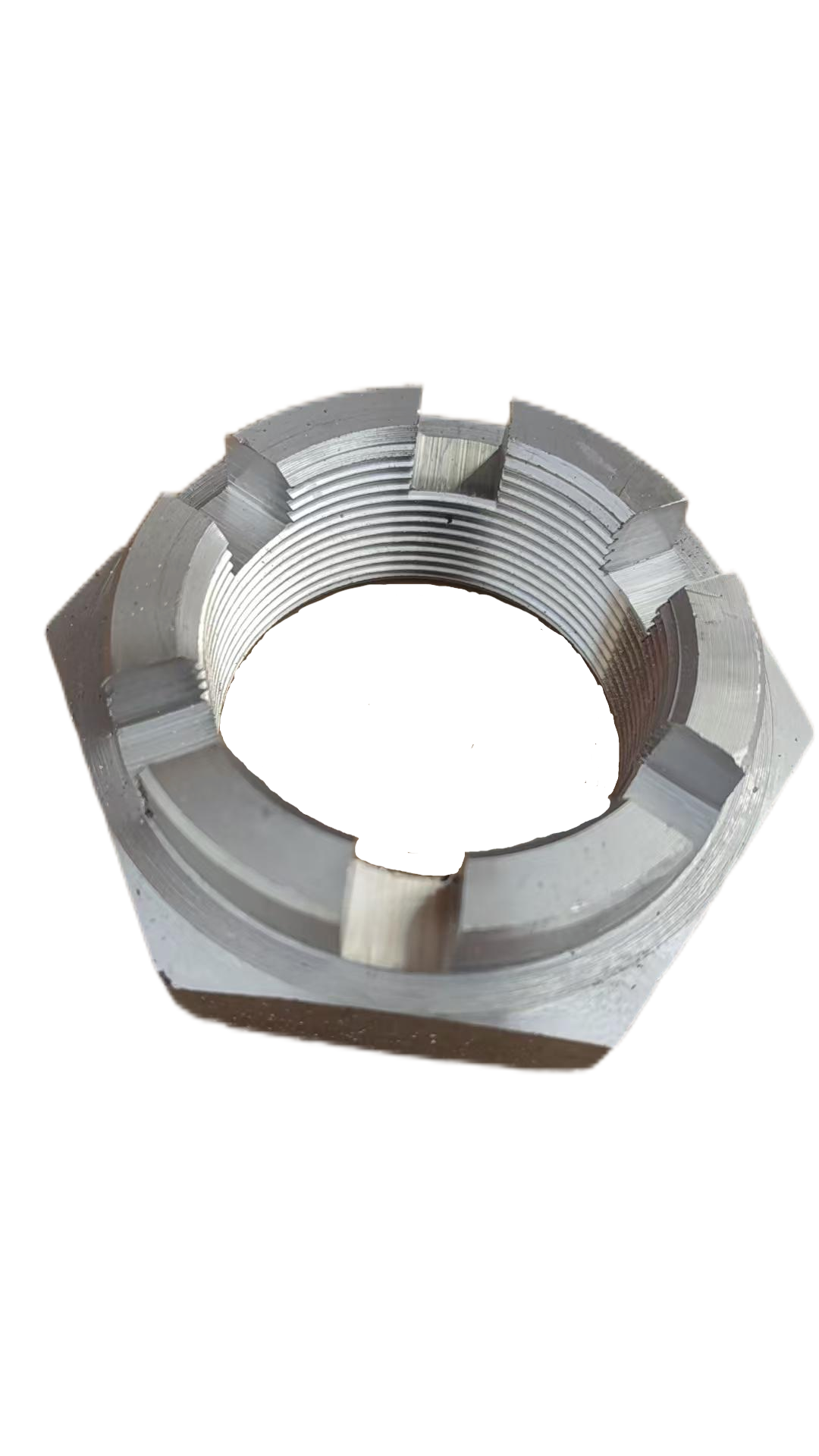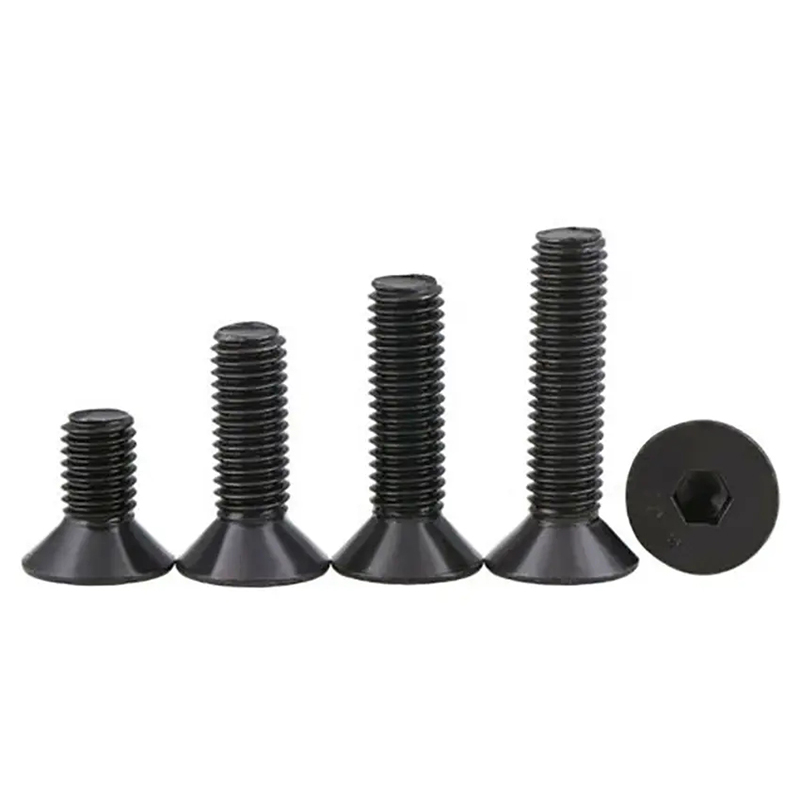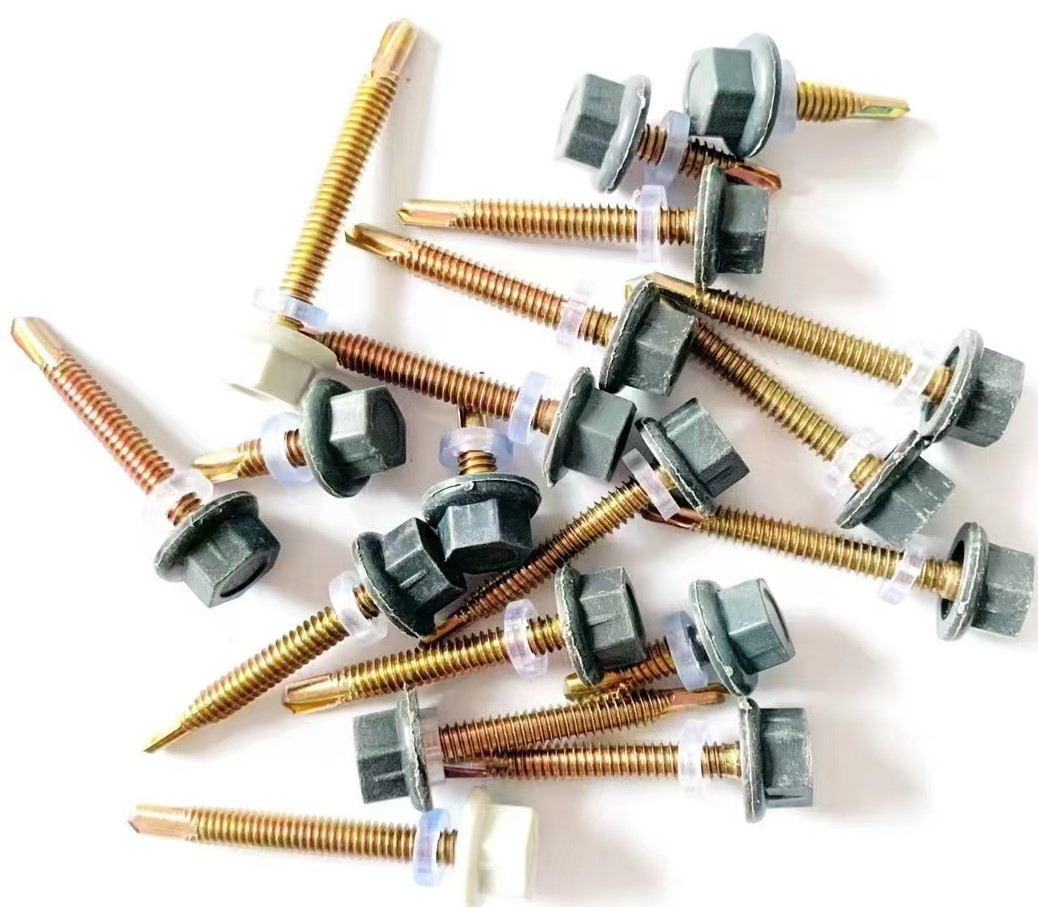

This comprehensive guide explores the world of locknuts, covering their types, applications, advantages, and disadvantages. We'll delve into the specifics to help you choose the perfect locknut for your project, ensuring secure and reliable fastening. Learn about various locknut designs, materials, and their suitability for different environments and applications.
All-metal locknuts, such as prevailing torque locknuts, rely on deformation or special thread designs to resist loosening. These are incredibly reliable and suitable for high-vibration applications. Examples include castle nuts, which are secured with a cotter pin, and prevailing torque nuts which utilize a deformed section or insert to enhance their grip. The choice between these types often depends on the required level of security and the specific application.
Nylon insert locknuts feature a nylon ring or patch embedded in the nut. This nylon insert creates friction against the bolt threads, preventing loosening due to vibration or temperature changes. They are often preferred for their ease of installation and relatively low cost. While these are generally less expensive than all-metal options, their temperature tolerance is typically lower.
Beyond these common types, there are many specialized locknut designs for specific applications. These might include locknuts with integrated washers, serrated locknuts, or those incorporating unique locking mechanisms. The best choice depends heavily on factors like the application's vibration level, temperature range, and material compatibility. Consulting a specialist or referring to a comprehensive fastener supplier catalogue is beneficial for complex applications. Hebei Dewell Metal Products Co., LTD offers a wide variety of high-quality fasteners, including locknuts.
Choosing the right locknut requires careful consideration of several factors:
The material of the locknut should be compatible with both the bolt material and the surrounding environment. Factors like corrosion resistance and temperature tolerance are crucial for long-term performance.
For applications involving high vibrations, all-metal locknuts with strong locking mechanisms are generally preferred. The level of vibration expected will significantly influence your selection. A thorough vibration analysis may be required for critical applications.
Operating temperature significantly impacts locknut choice. Nylon insert locknuts might not be suitable for high-temperature applications, while all-metal locknuts typically offer superior heat resistance.
| Material | Strength | Corrosion Resistance | Temperature Resistance |
|---|---|---|---|
| Steel | High | Moderate (requires coatings for enhanced resistance) | High |
| Stainless Steel | High | Excellent | High |
| Nylon | Moderate | Good | Moderate (temperature limitations) |
Selecting the appropriate locknut is crucial for ensuring the safety and reliability of any fastening application. By carefully considering the factors outlined above and consulting resources from reputable suppliers like Hebei Dewell Metal Products Co., LTD, you can make an informed decision that best suits your specific needs.

